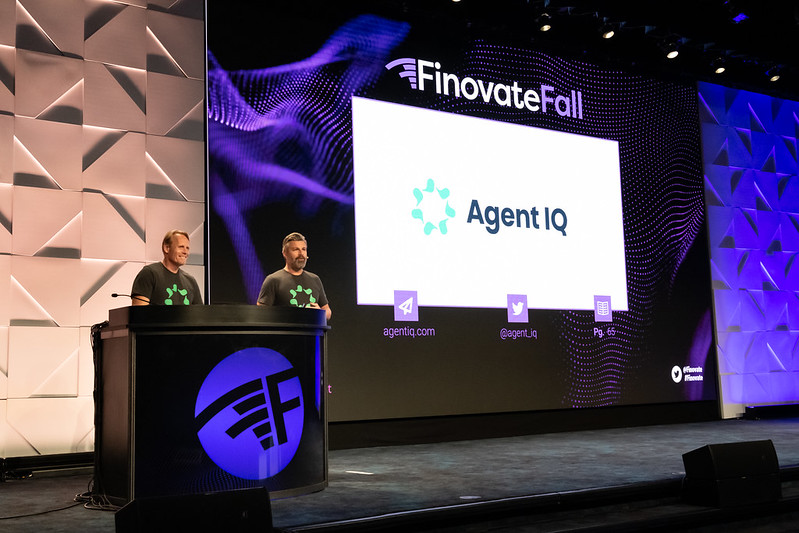
- StockRepublic has raised $2.81 million (SEK 30 million).
- The round was led by Avanza subsidiary Placera Media, which contributed $1.4 million (SEK 15 million).
- The relationship between Placera Media and StockRepublic began at the start of this year when StockRepublic helped Placera Media operate and modernize its stock forum.
B2B social trading platform StockRepublic has raised $2.81 million (SEK 30 million) this week. The new investment is more than double the company’s existing funding and brings its total to $5.2 million (SEK 55.6 million).
Leading the round is Avanza’s subsidiary Placera Media, which contributed $1.4 million (SEK 15 million). The remaining $1.4 million (SEK 15 million) comes from existing investors and business angels.
Founded in 1999, Avanza is one of Sweden’s largest financial websites. The firm’s media subsidiary, Placera Media, covers news and updates on equities, funds, and savings. The company publishes articles, produces podcasts, and launches several TV segments each week.
StockRepublic’s partnership with Placera Media began earlier this year. The social trading company operated and modernized Placera Media’s stock forum. Today’s strategic partnership between the two will help StockRepublic ramp up hiring, further develop its service offering, and continue its expansion.
“We are very proud to have Sweden’s leading savings platform on board, both as customers and investors,” said StockRepublic CEO Fabian Grapengiesser. “StockRepublic has previously raised capital from customers, so it is a proven and successful model for us. This collaboration brings Avanza closer to us in a very positive way and allows us to continue to develop Avanza’s platform with exciting new services.”
Sweden-based StockRepublic was founded in 2018 and demoed its technology at FinovateEurope earlier this year.. The company’s platform offers customized apps and APIs to help banks and financial services providers increase customer engagement. Specifically, StockRepublic’s technology allows investors to leverage the experience and knowledge of other investors and, in turn, share their success. The company’s platform is currently available in six markets. Commerzbank is among its clients.











